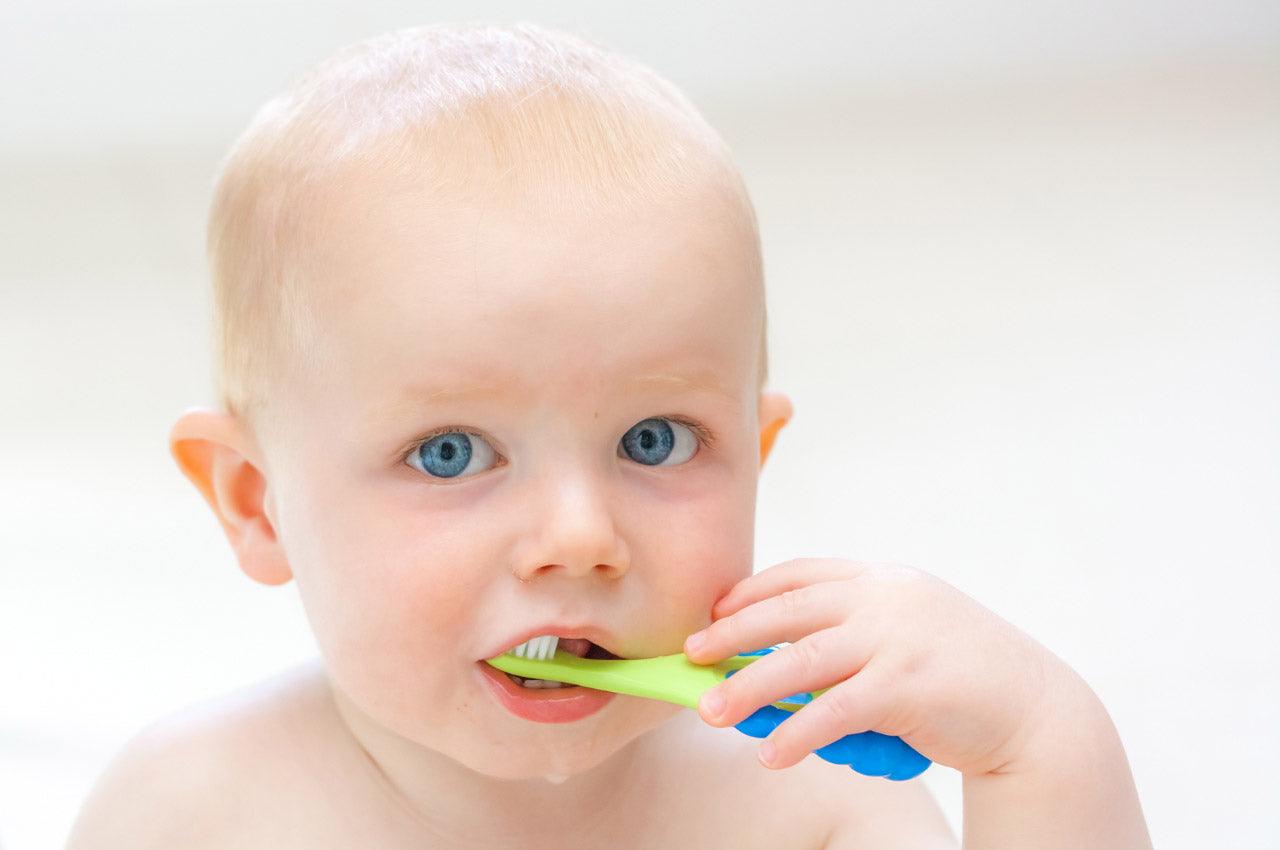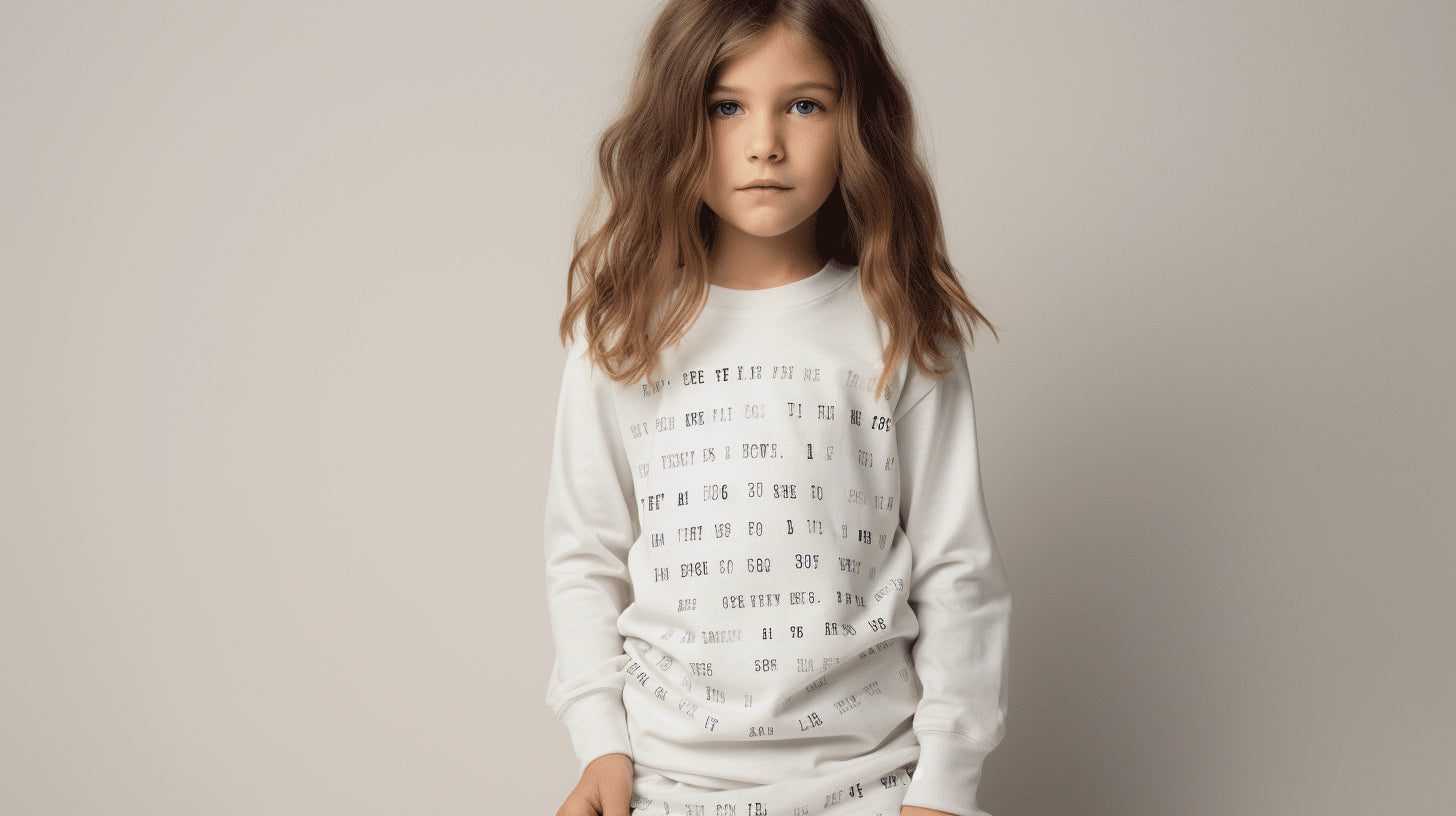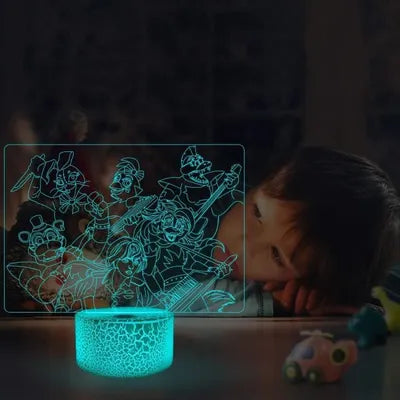In this article, we'll cover the best way to brush your baby's teeth and when you should take her for her first dental check-up. We will also give you tips for preventing cavities in babies.
Why should you start brushing your baby's teeth as soon as they appear?
When your baby's first teeth start to grow, it's time to think about dental care. Although it may seem like a daunting task, brushing your baby's teeth is important for their overall health.
On the one hand, it eliminates dental plaque and food particles that can cause cavities. It also gets them used to taking care of their teeth, which prepares them for good oral hygiene habits throughout their lives.
Finally, it can help prevent gum disease, which is one of the main causes of tooth loss. So when the first teeth start to appear, be sure to give your baby's smile a good foundation by starting a regular dental care routine.
How to choose the right toothbrush for your baby?
When it comes to choosing a toothbrush for your baby, there are a few things to consider. The most important factor is your child's age. For infants 6-18 months, it is best to choose a toothbrush with soft bristles. As your child gets older, you can switch to a toothbrush with slightly firmer bristles.
Another thing to consider is the size of the toothbrush head. For babies, it is better to choose a toothbrush with a small head. This will make it easier for them to reach all of their teeth. Finally, you also need to consider the handle of the toothbrush. Some parents prefer ergonomic handles that are easy to grip, while others prefer brushes with suction cups on the bottom.
Ultimately, the best way to choose the right toothbrush for your baby is to experiment until you find the one that works for both of you.
The best way to brush your baby's teeth
It's important to start dental care early, and brushing your baby's teeth is an essential part of keeping their mouth healthy. The best time to start brushing is when the first tooth appears, usually around six months of age.
However, it is not necessary to use toothpaste at this stage; just clean the dent with water using a soft bristle brush. When your child is 18 months old, you can start using a small amount of toothpaste on their brush. Use a pea-sized amount of fluoridated toothpaste and make sure he doesn't eat or drink anything for 30 minutes after brushing.
It's also important to floss your child as soon as they have two teeth that touch. Gently slide the floss between the teeth, being careful not to damage the gums. With proper care, you can ensure that your child has a healthy smile for years to come.
When to take your baby to the dentist for the first time?
You may not hesitate to take your baby to the pediatrician for regular checkups, but when it comes to dental care, you may not know when to take your little one for his first visit.
It is recommended that children have their first dental appointment within six months of their first tooth appearing or before their first birthday, whichever comes first. It may seem early, but it's important to get your child used to the dentist's office and instill good oral hygiene habits from an early age.
During the first visit, the dentist will examine your child's teeth and gums and give you advice on how to brush and floss. They will also be able to identify any potential problems, such as cavities, and provide treatment if needed. In addition, the dentist can answer any questions you may have about your child's oral health.
Tips for preventing cavities in babies
Cavities are a common problem for babies and adults, but they can be particularly difficult to treat in young children.
Here are some tips to prevent cavities in babies:
1. Help them develop good oral hygiene habits from an early age.
This means teaching them to brush their teeth twice a day and to floss once a day. You can also help him by making sure he avoids sugary drinks and snacks.
2. Take it to the dentist for regular checkups and cleanings.
This will remove the plaque and tartar that has built up on their teeth. And will help her keep her teeth healthy and strong.
3. Start brushing your baby's teeth as soon as they appear.
Use a pea-sized amount of fluoridated toothpaste and a soft-bristled toothbrush. Gently brush in circular motions.
4. Limit exposure to sugary foods and drinks.
Never put your baby to bed with a bottle of milk or fruit juice, as this can cause cavities.
By following these tips, you can help your baby avoid cavities and maintain healthy teeth.
It's never too early to start taking care of your baby's teeth and it's important to do so to prevent cavities in the future. In this article, we've covered the best way to brush your baby's teeth, as well as when you should take her for her first dental check-up. We have also provided advice on how to prevent cavities in babies. Taking care of your baby's oral health is an important part of their overall health and well-being, so be sure to follow these guidelines!









